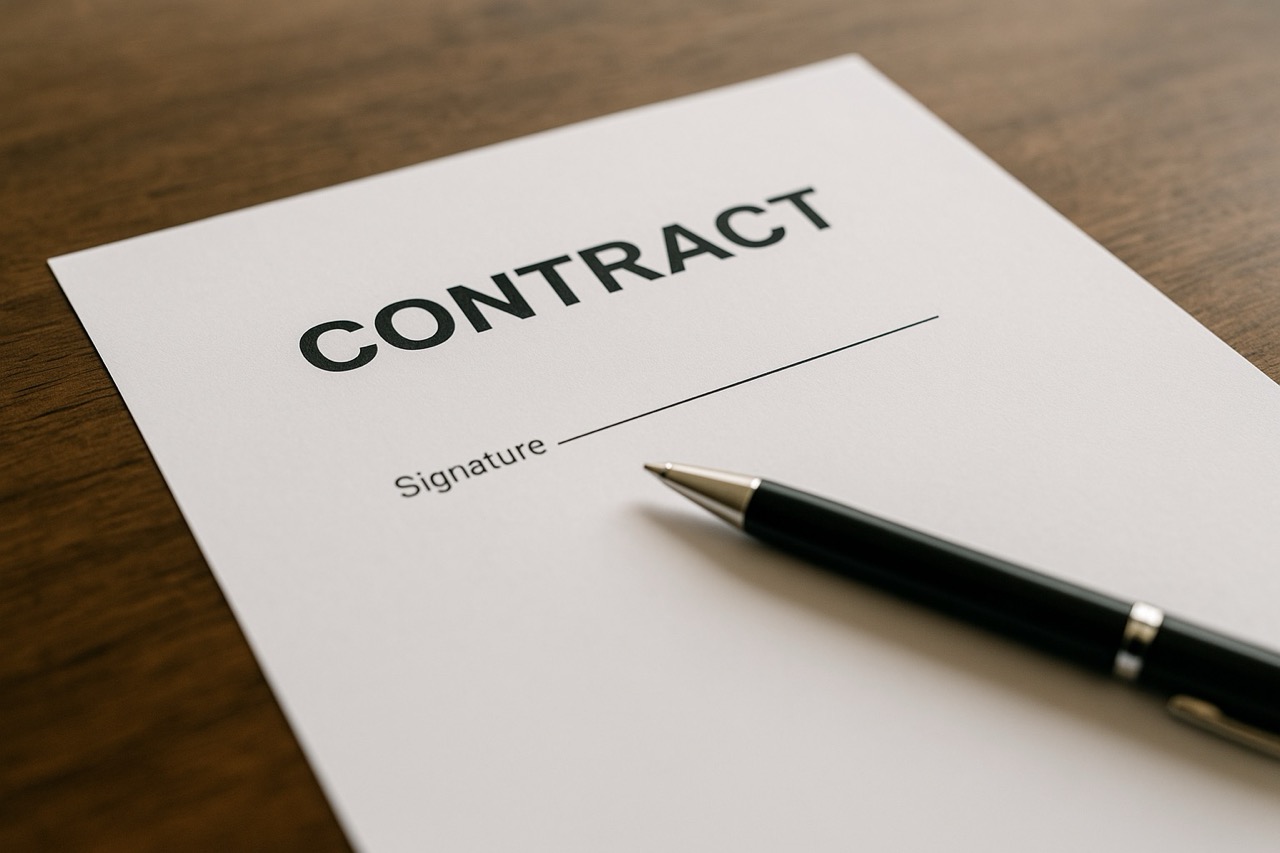Every week, I see the aftermath of bad renovations — homeowners frustrated, money lost, lawyers involved, and weeks, months, even years of lost use of a space.
I’m currently acting as an expert witness for a law firm, and almost every case starts the same way: nobody asked the right questions at the start.
Educating homeowners on how to hire a contractor is how we make the construction industry better for everyone.
Asking these four questions could be the difference between a lawsuit — or a space you love.
1. What is their process?
Every contractor can say they “do quality work.” In fact, every contractor I’ve talked to makes this claim. But unfortunately, many don’t actually do good work — they just go from client to client making that claim.
Quality doesn’t happen without a process. If you are hiring a renovation contractor in Kelowna
Ask them:
- How do you plan projects?
- How do you onboard and work through design to ensure everyone is clear on deliverables?
- How do you track changes? There are always unknowns in construction — how do they protect you from surprise bills at the end?
- Who keeps you updated during the job? Are you going to be left wondering who, what, where, and when? That doesn’t create confidence — it creates breakdowns and stress.
Who is your point of contact, and how will you communicate with each other? - How do they document the work done?
We’ve been asked to return to clients’ homes years later, and we can pull up files to review work, systems, and what’s behind the walls. That’s because we take photos of every step, record calls, and organize and document every stage of every project. It keeps everyone on the same page, and if a client wants to do more work later, they know we have the info ready.
If they can’t explain their system clearly, that’s a red flag. A proven process protects you and the contractor.
2. Do they have references or reviews?

If a contractor doesn’t have a Google profile with reviews — ask why.
If they say all their work comes from referrals, ask for those referrals.
You’re about to let someone into your home and spend tens of thousands of dollars — it’s not rude to check their track record.
In our experience, 90% of projects that we have seen that went wrong are connected to contractors with no Google profile. The other 10% are with companies that have poor ratings and clients choose price over reputation.
If the contractor isn’t allowing clients to review them, that tells me they’re not worried about the longevity of their company. They’re afraid of what people might say and are trying to protect themselves.
When hiring a good contractor they will create an environment where everyone is protected.
A client has two tools to hold a contractor accountable before legal action: reviews and final payment.
3. Do they use a clear contract?

Verbal agreements are fine for friends — not for construction. We believe this so much that we created a contract package we give to contractors for free. That’s right — we give our competition free contracts. Something we’ve spent money and time developing.
Why would we help our competition?
Easy — We want to give the contractor zero excuses for not protecting their clients, and we want to make it easy for clients to pick companies they can trust.
A good contract should include:
- Scope of work
- Payment terms
- Change order process
- Timelines and communication expectations
- Warranty
A solid contract describes what will happen, what it will look like, and how it will function when the project is complete. It defines what the client should expect from their contractor, and what happens if something goes wrong.
A description of work and a price is not a contract. It is a liability for the client.
If they hesitate to put things in writing, walk away.
One of the most important parts of my job is setting clear, accurate expectations. If your expectations aren’t in writing, the contract isn’t complete.
4. How do they handle problems when things go wrong?
Don’t judge a contractor by what happens when everything goes right. Judge them by what happens when it doesn’t.
Do they answer the phone in one, two, or even three years?
We’ve been around for over eight years — and when our clients call, we answer. That’s what long-term accountability looks like.
As contractors, we deal with all sorts of products, systems, materials, prior renovations, old and new homes, other contractors, employees, and subcontractors. The list of variables goes on and on. We can follow every manufacturer’s specification perfectly and still run into issues.
I’m not afraid to admit this — because I know we’ll deal with whatever comes our way.
We document every step. We work with contractors who share our values and require all trades to sign our subcontractor agreement that keeps everyone we work with accountable.
We partner with suppliers who stand behind the products they sell, and we have strong relationships with manufacturer reps.
That means I’m never afraid to answer the phone when past clients call. Have we had to warranty work? Yes — and I’m proud to say that we show up, work through the problem, and make sure our clients can keep enjoying their spaces.
If your contractor doesn’t have a story about a job that went wrong, that’s a red flag. Either they’re avoiding issues or blaming others. Every quality contractor I’ve worked with has a story about something they had to go back and fix — and that’s how I know they’re quality. They went back and dealt with it.
Final Thought
There are a lot of good contractors out there.
These four questions will help you avoid the ones who don’t have systems to protect you, your money, and your home.
If you’re planning a renovation in Kelowna, start with a discovery call.
We’ll walk you through our construction process.
